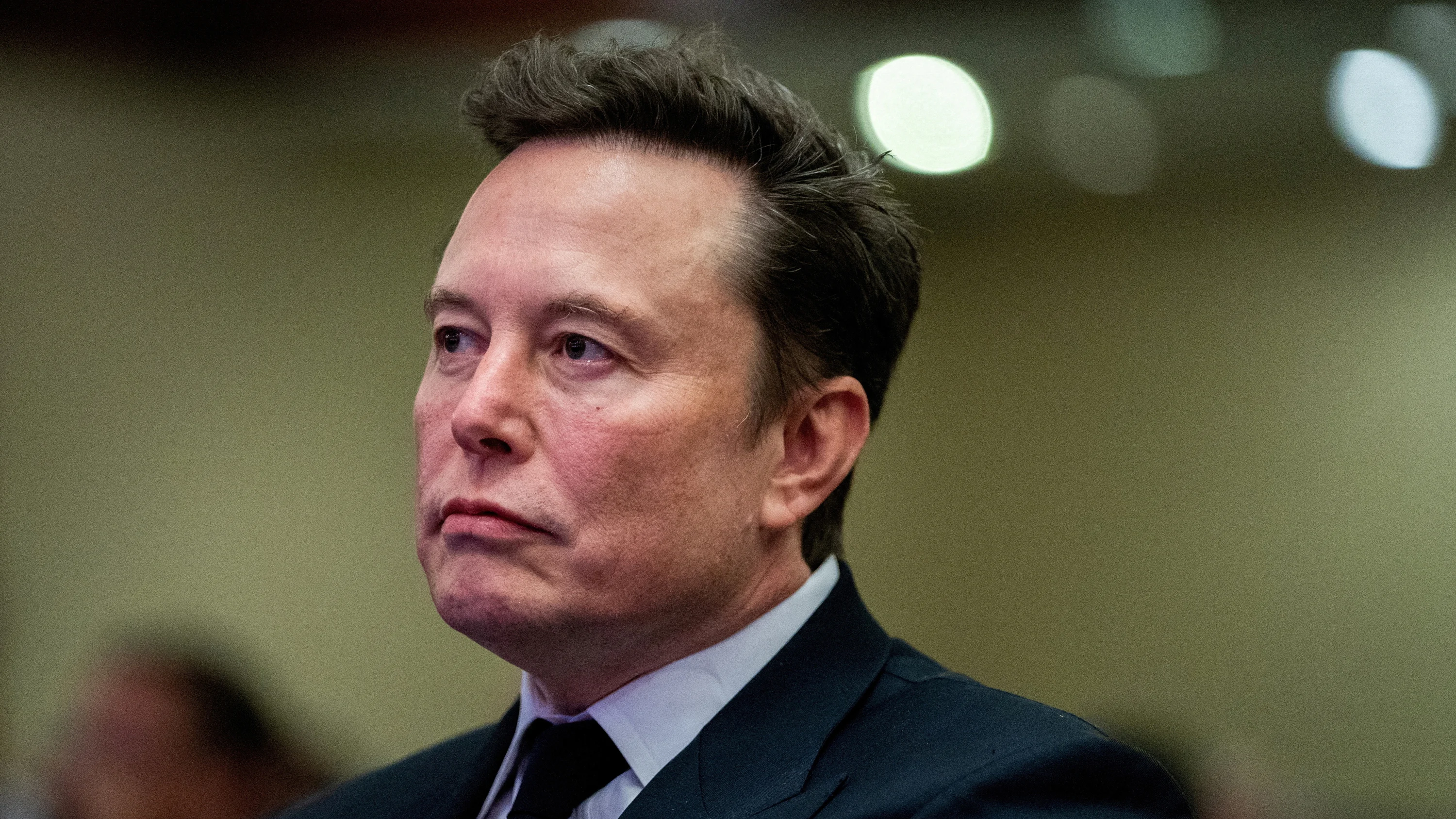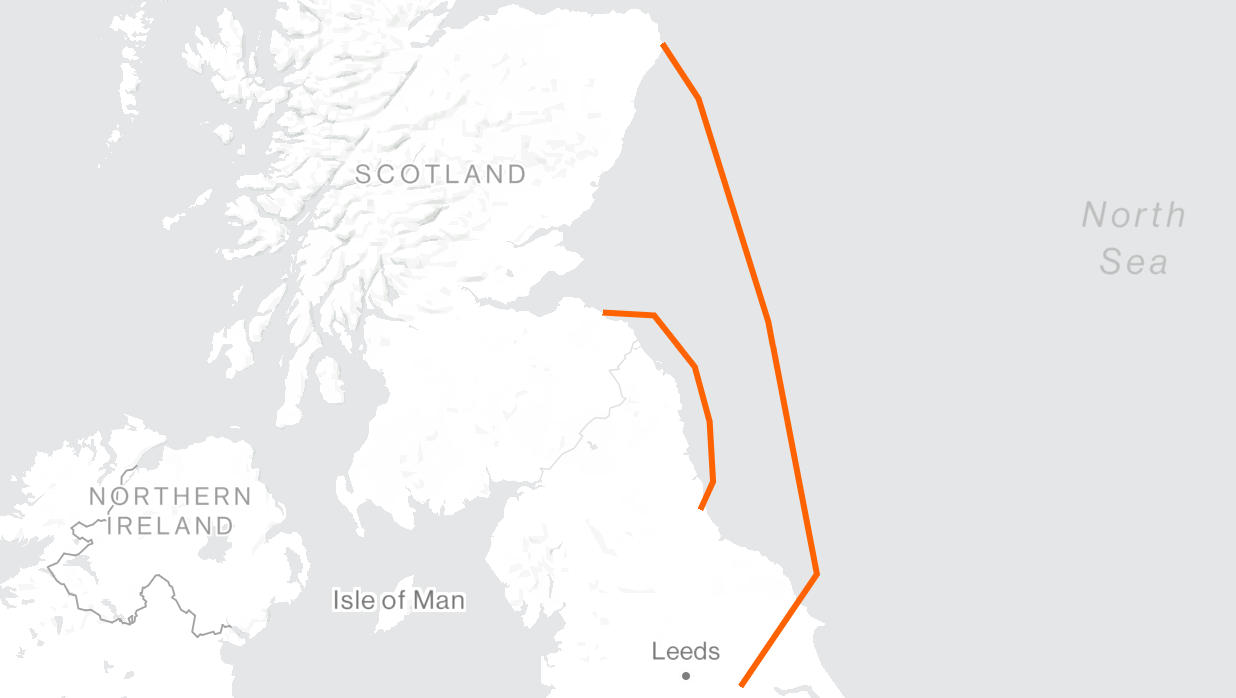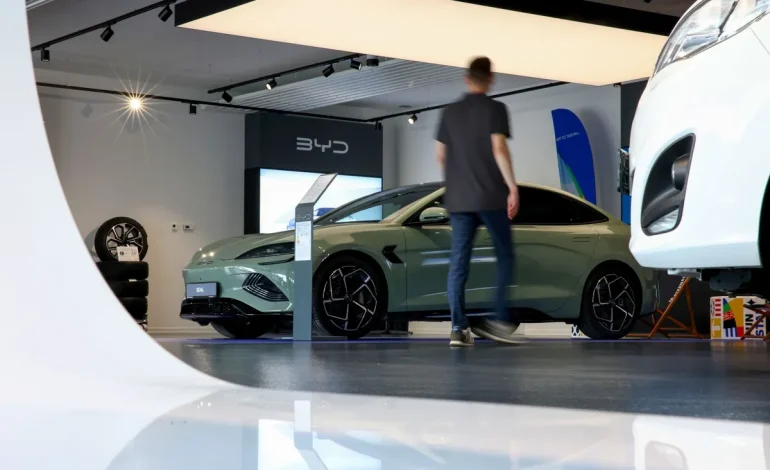Chinese electric vehicle (EV) brands have seen a sustained decline in European sales, marking the third consecutive month of setbacks since the EU imposed higher tariffs on EV imports from China in July, Bloomberg reports.
Chinese EV makers held 8.5% of the European market share in September, down from 9.6% a year earlier, according to research by Dataforce.
Among the hardest-hit brands was SAIC Motor Corp.’s MG, which experienced a 42% drop in sales, according to Jato Dynamics. Once a leading Chinese name in Europe’s EV market, MG’s position has been affected by a significant 35% surcharge on top of the existing 10% EU import duty, totaling 45% in tariffs. In contrast, BYD, another major Chinese automaker, increased its regional presence, with European registrations rising by 162% in September, reaching 4,376 vehicles. Despite the trade friction, BYD is continuing its European expansion, hiring local executives and planning regional factories to further establish its footprint.
These shifts come as the EU and China remain in trade discussions. With a new tariff policy in place, EU officials reportedly traveled to Beijing this week in hopes of resolving the dispute. The Chinese Ministry of Commerce has indicated a willingness to negotiate but warned that, without an agreement, countermeasures could be initiated as soon as November.
In Europe, however, the broader EV sector remains resilient. Total battery-electric vehicle sales across all brands in Europe grew by 14% in September, according to the European Automobile Manufacturers’ Association. The UK led in sales growth, with a 24% rise as carmakers offered discounts to meet zero-emission mandates. In Germany, EV sales increased by 8.7%, with the government currently debating additional incentives to support the industry.
Meanwhile, Tesla’s Model Y and Model 3 topped the list of best-selling EVs in Europe for September, followed by the Skoda Enyaq and Volvo’s EX30, produced in China by Zhejiang Geely Holding Group.









